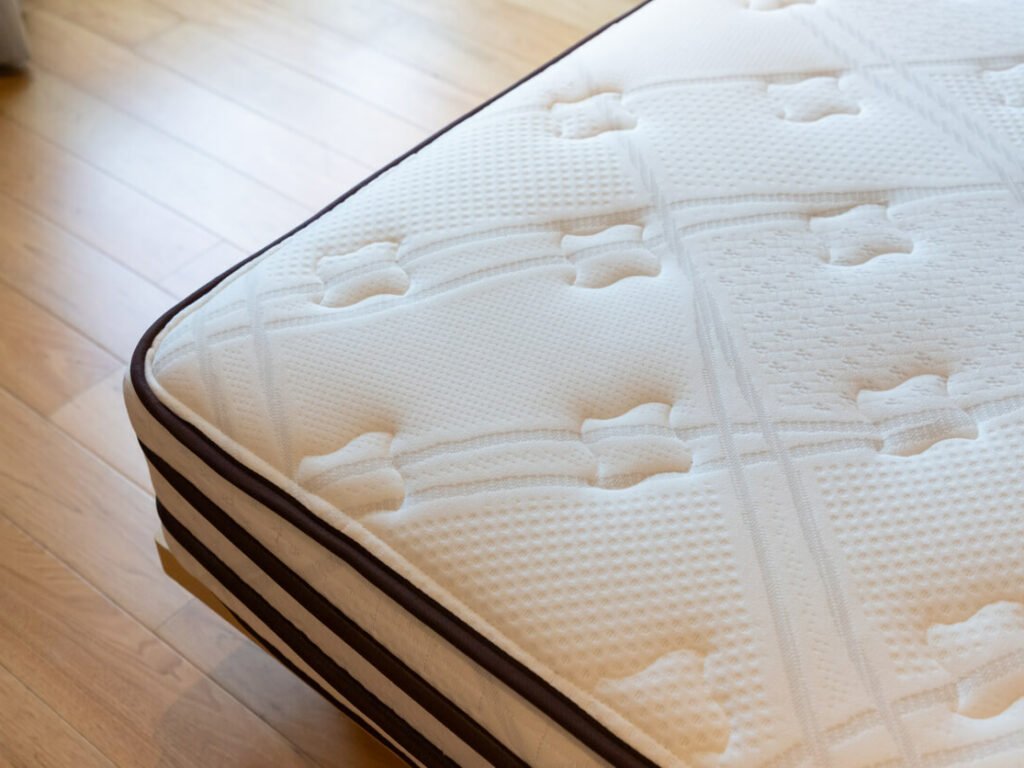Snow tires, also known as winter tires, are a common tool for managing the treacherous transformation of the roads once the temperature drops and the nights start to grow longer. They may even be what keeps you from accidentally sliding into another vehicle at a stoplight, saving you from a headache and possible damage to your wallet.
Prime Storage wants to take a moment to outline five questions you may have about snow tires, answer whether snow tires make a difference, and how they might be a worthy investment for you this winter. We’ll also guide you on the proper techniques needed to store your tires, and where you can store your winter tires when warm weather returns.
What Are Snow Tires?

Snow tires are a special classification of tires for improved traction on unstable surfaces, such as slush, ice, and snow. They are designed from a softer, more flexible rubber, better suited to roads influenced by the extreme cold. The deep tread depths and special tread design help tires grip the ground beneath them so that they resist sliding and reduce damage to your vehicle.
Do Snow Tires Make a Difference?
Snow tires absolutely make a difference. Though they shouldn’t be used as an excuse for reckless driving on roads compromised with snow or ice, they provide better grip than your average all season tire. Going up and down hills with snow tires is more reliable, and you have a better chance at stopping and controlling your momentum.
Mother nature is challenging and unpredictable, but when snow tires are combined with cautious driving and maybe even all-wheel drive, they can provide a much safer road experience than you’d have in the winter without them.
Can You Use Snow Tires All Year?
Most snow tires are made to improve braking, traction, and the handling of the vehicle in conditions below 45 degrees Fahrenheit. Just like all season tires are poor performers in snowy weather, snow tires are poor performers in warm weather. You should not use snow tires all year because they will perform poorly on dry, warm pavement.
Additionally, snow tires used all year long may wear down during the hot summer, and therefore prove less effective by the next winter season when they are needed most.
How Long Do Snow Tires Last?
The longevity of snow tires depends on how much mileage they get and the severity of the cold they endure, but on average, the projected lifespan of treads on a snow tire is approximately 40,000 miles, according to TireBuyer. At an average of 4,000-5,000 miles spent driving each winter, this means that snow tires can last for many years, barring incident or extended use through the rest of the year.
How to Store Winter Tires

When deciding how to store snow tires, you should first determine if they’ll be stored with or without the rims, since this changes the direction in which they’ll be stored. If a tire has a rim, it should be stored vertically, whereas tires without a rim can be stored either vertically or horizontally. Either way, you don’t need to worry about deflating your tires before placing them in storage.
If you intend to store the vehicle, tires and all, then make sure you prop the vehicle up on jack stands so the weight isn’t sitting on the tires while in storage. Alternatively, you could visit the car in storage every couple of months to drive it around, allowing the tires a chance to have more even wear.
If you’re looking for a place to keep your tires once spring rolls around, a storage facility with versatile options and ample space is your best bet. Whether you’re storing the entire vehicle or just the tires, we have solutions to meet your needs.Take a look at our robust storage options in the size guide, reach out to a professional at 888.846.6503, or rent your storage unit online.






